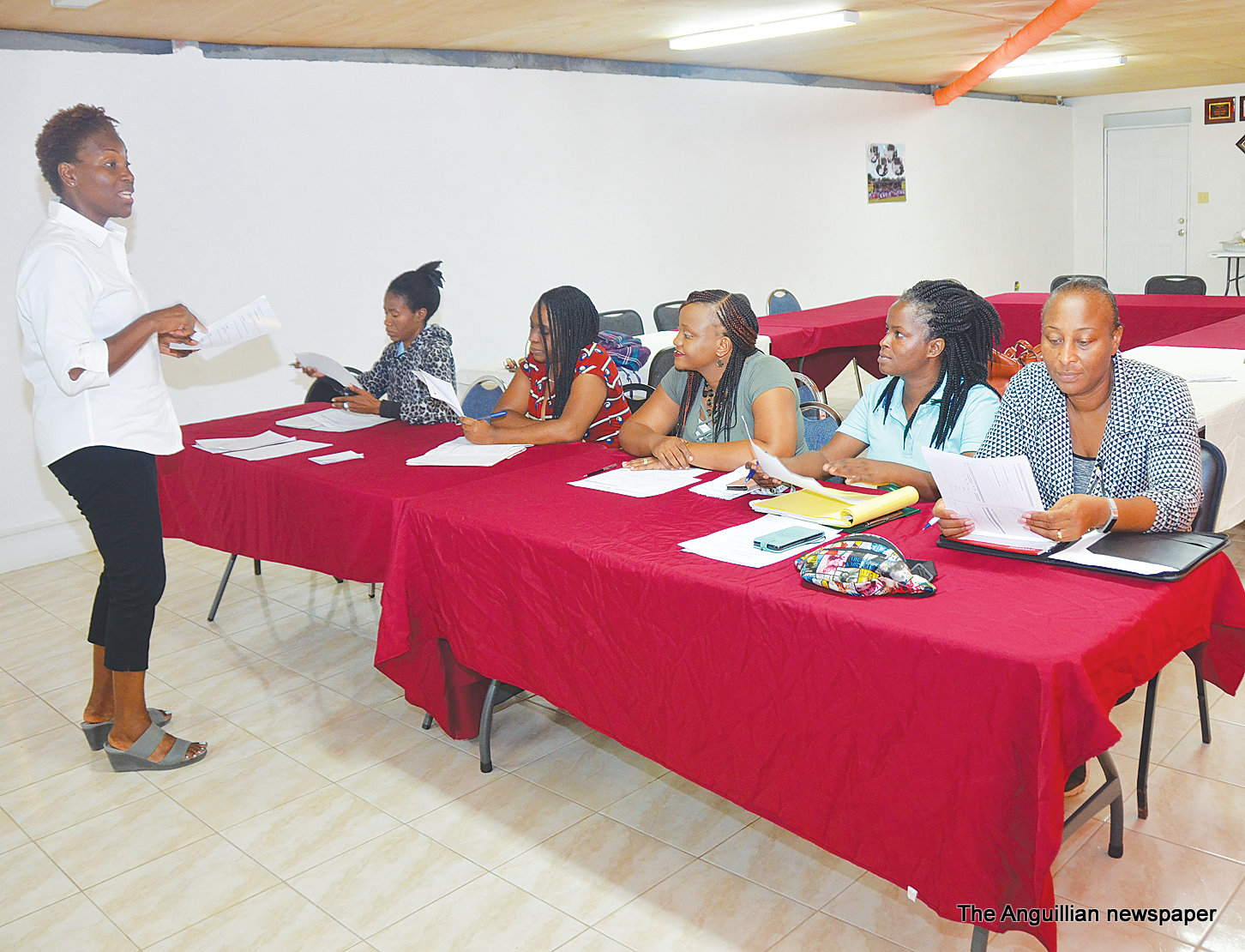
The Eastern Caribbean Central Bank announced last Friday, July 19th, that the institution is leaning towards plans for introducing digital currency for its member states. The ECCB has linked with FInTech to execute the pilot project.
The Governor of the ECCB, Mr. Timothy Antoine at a press conference for all member countries of the ECCU, explained the many benefits of the new type of paper-free currency. He noted that the shift to digital will modernize transaction processing, as payment would no longer be done with paper notes, but by the aid of modern technology. In addition, digital currency will also promote ease of commerce and revolutionize business processes.
He observed that the digital currency would be safer and more convenient than paper, since it would provide better cash management. Further, he noted that digital currency would eliminate time-consuming reconciliations.
The Governor stated that the Pilot Project will be executed in two phases over an 18-month period: 1) Development and testing over 12 months; and 2) Rollout and implementation in selected pilot countries (Antigua & Barbuda, Grenada, Saint Lucia, St Kitts and Nevis) via live deployment in a controlled environment for 6 months.
Digital Eastern Caribbean Currency (DXCD) is a blockchain-Based Central Bank-Issued Digital Currency .It is an alternative ECCU payment system instrument for paper currency, debit card and transfers. The Governor insisted that it is not a crypto-currency and, as such, it is not a private token. It is legal tender digital currency minted and issued by the ECCB.
It is claimed that digital currency will transform the ECCU financial system, necessitating a paradigm shift, and fostering increased use and reliance on financial technology to spur growth, competitiveness, financial inclusion and resilience.
The ECCB blockchain-based Central Bank Digital Currency (CBDC) pilot is the first of its kind. DXCD could be the world’s first legal tender digital currency to be issued by a central bank on blockchain.
– Staff Reporter, James R. Harrigan








